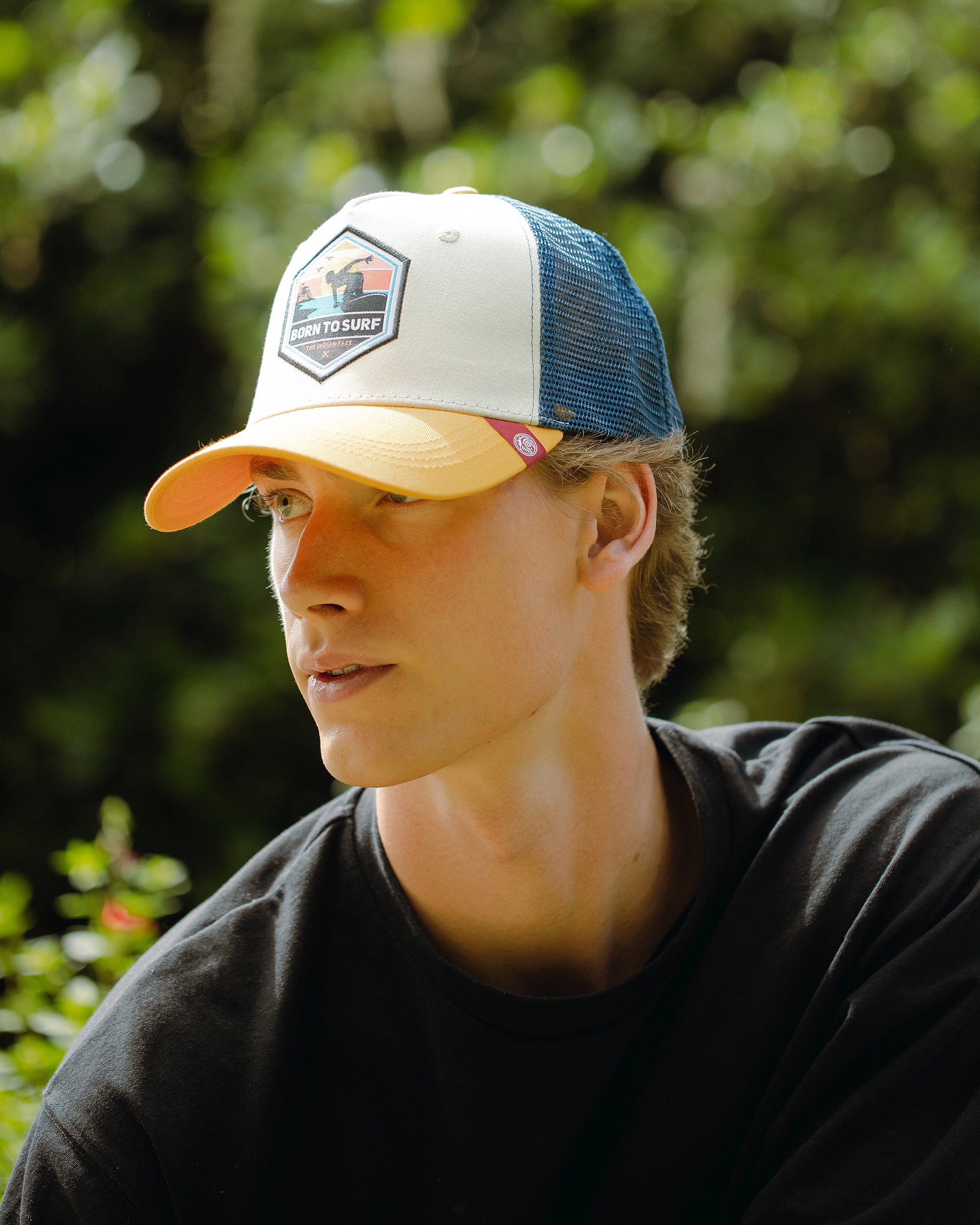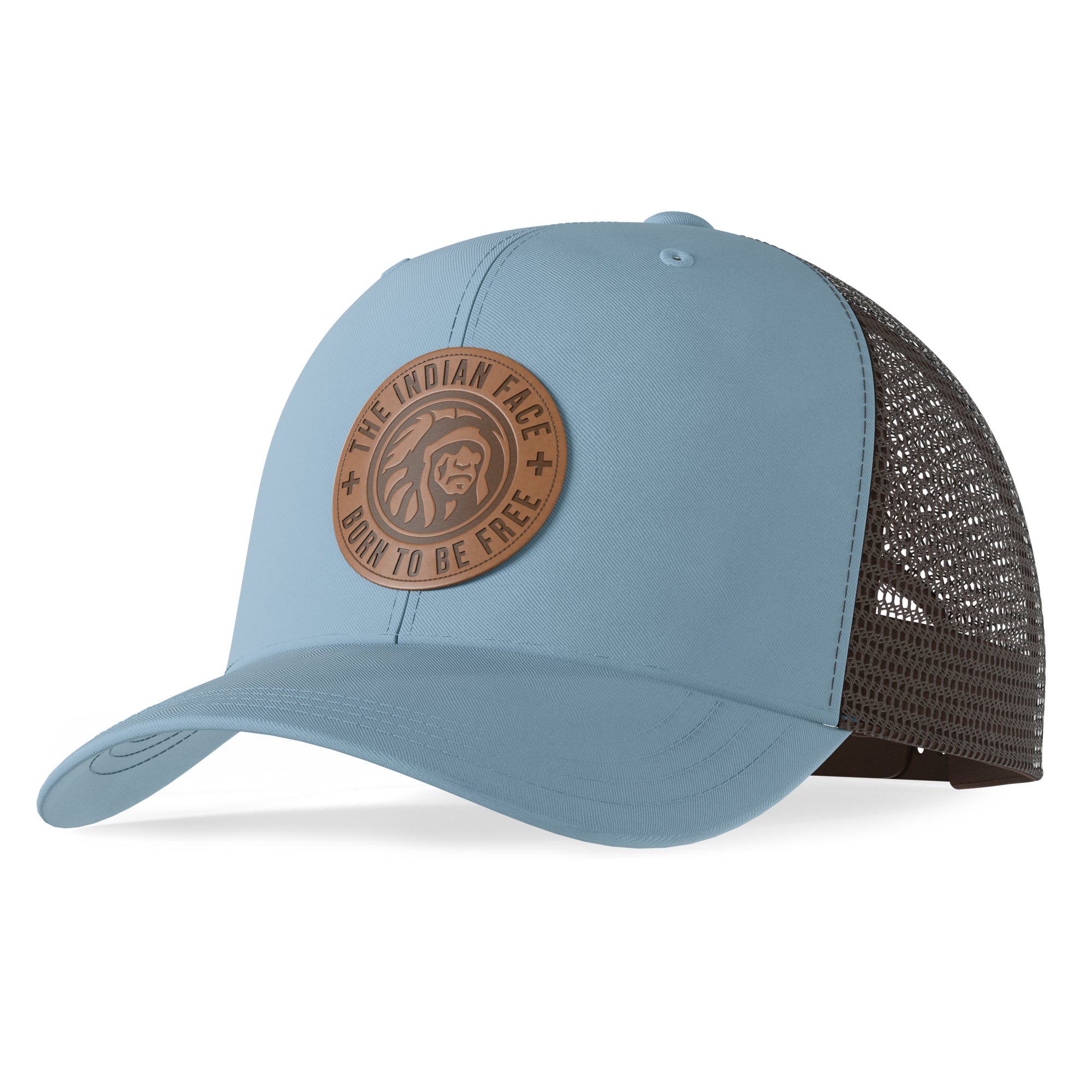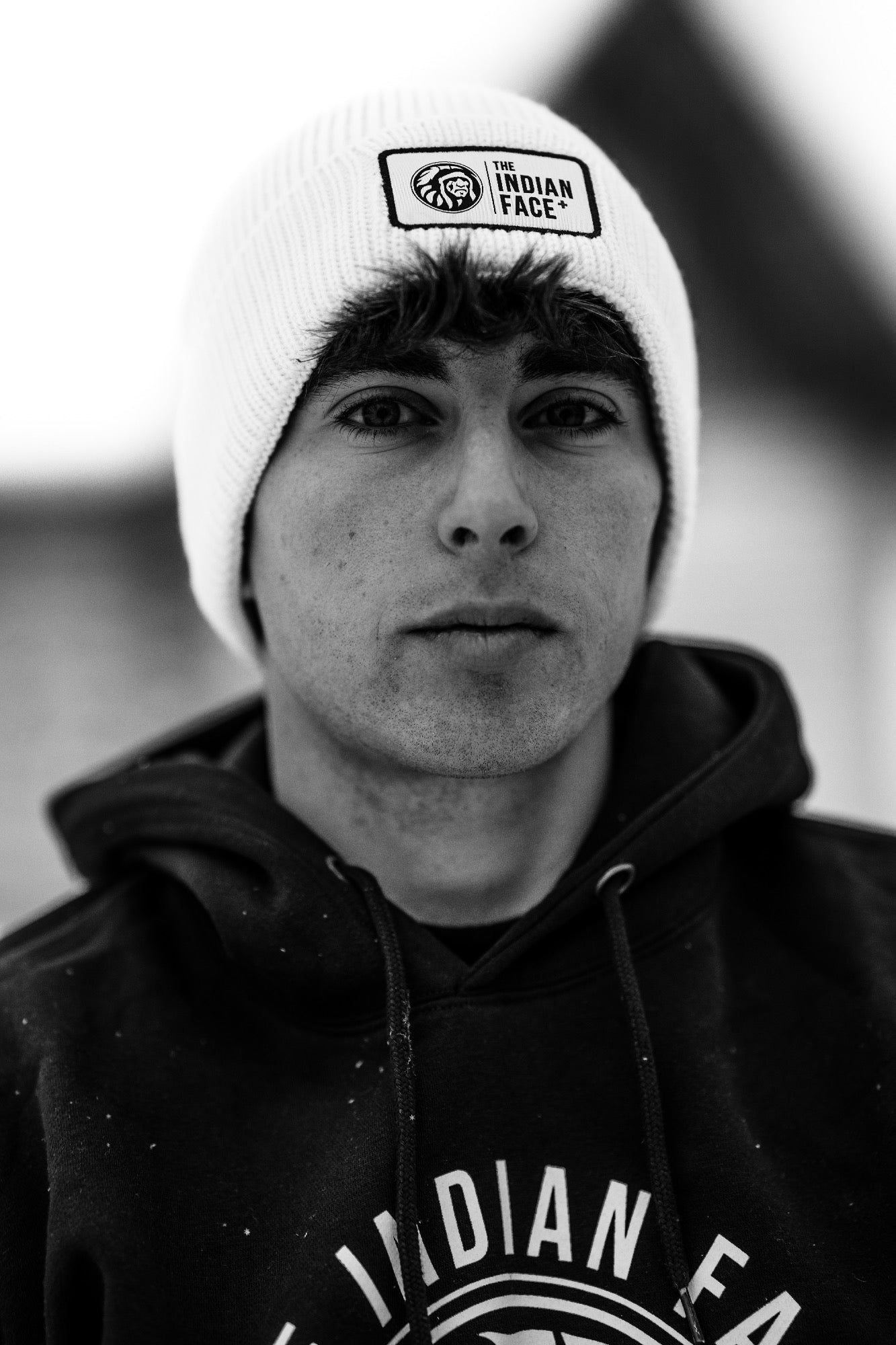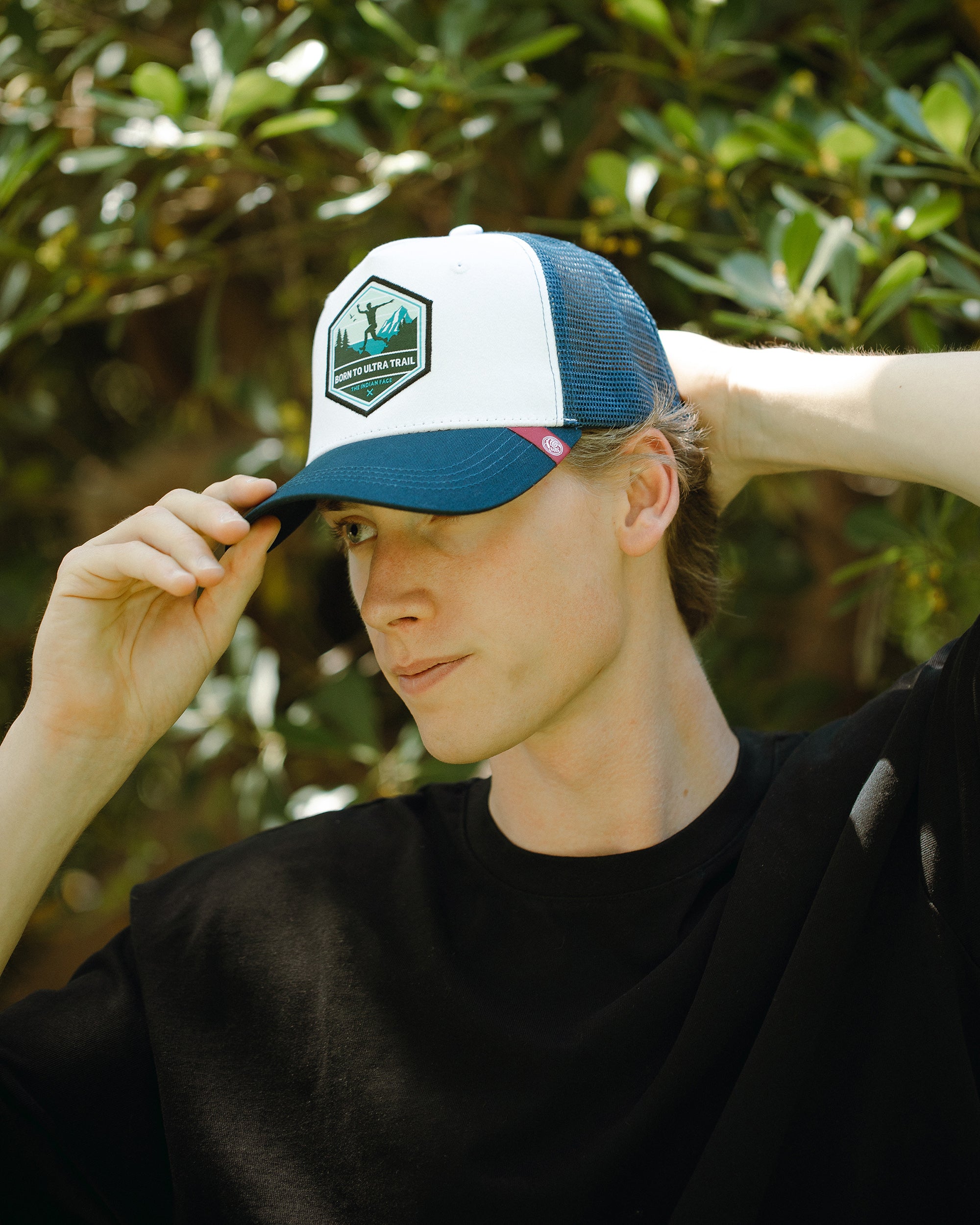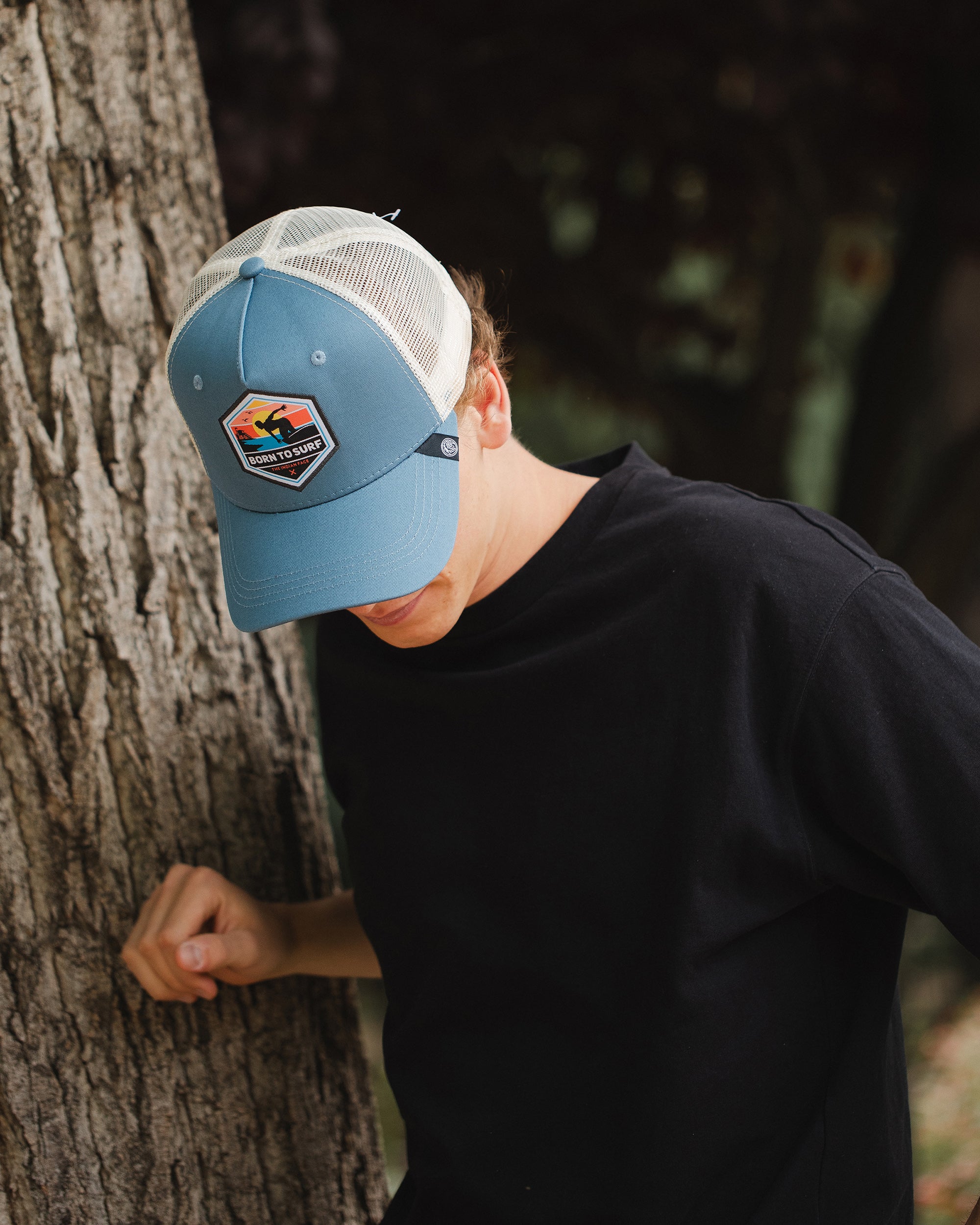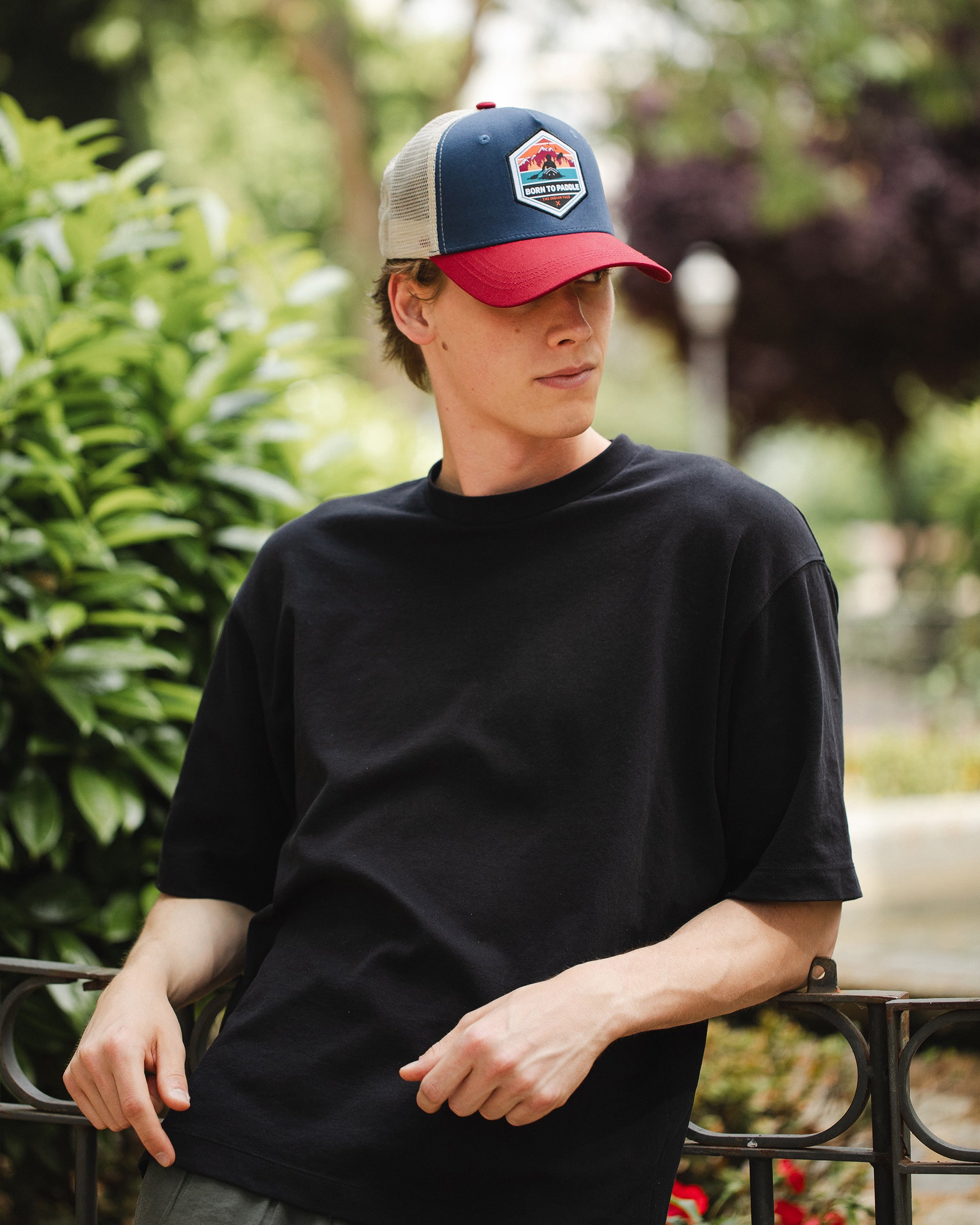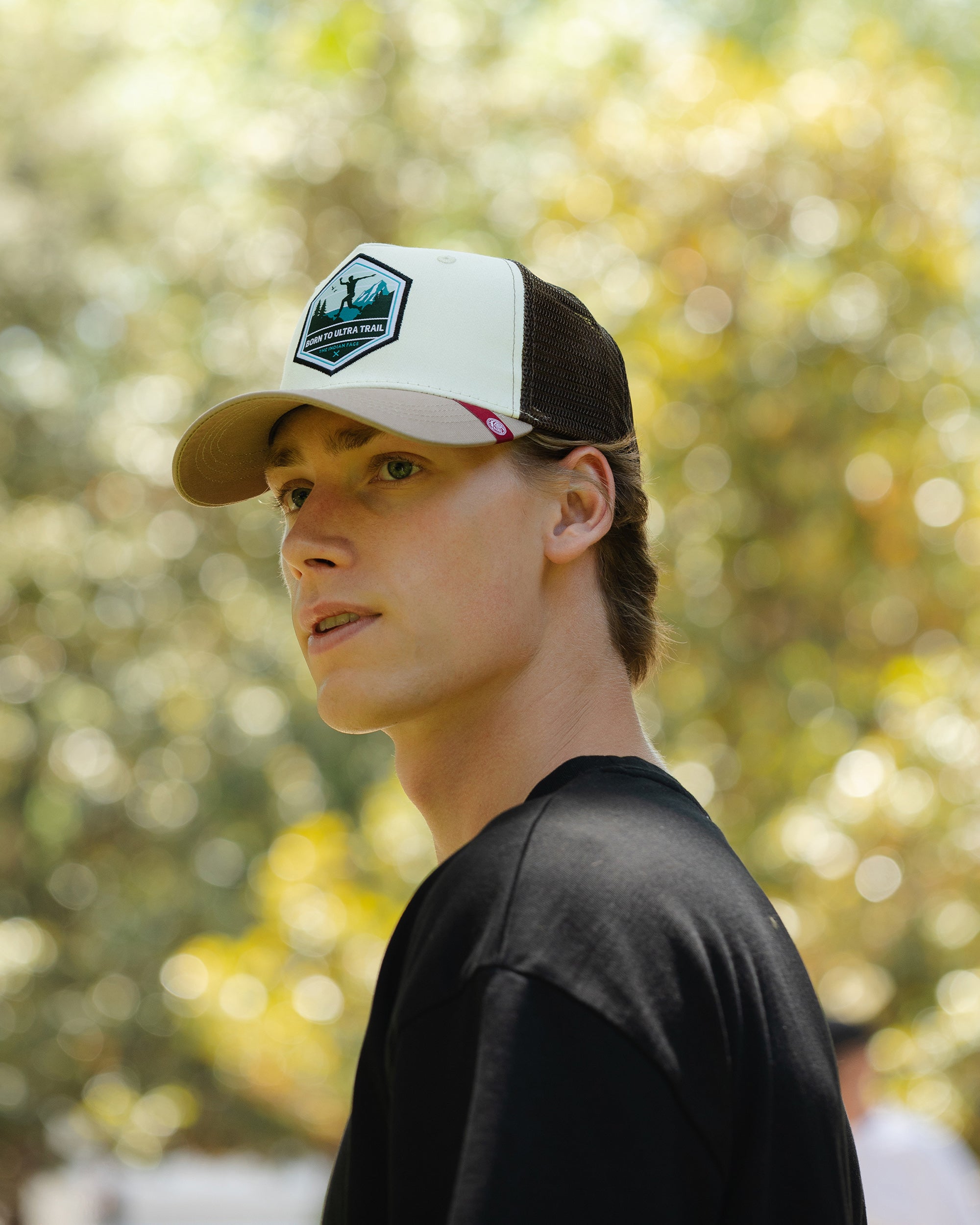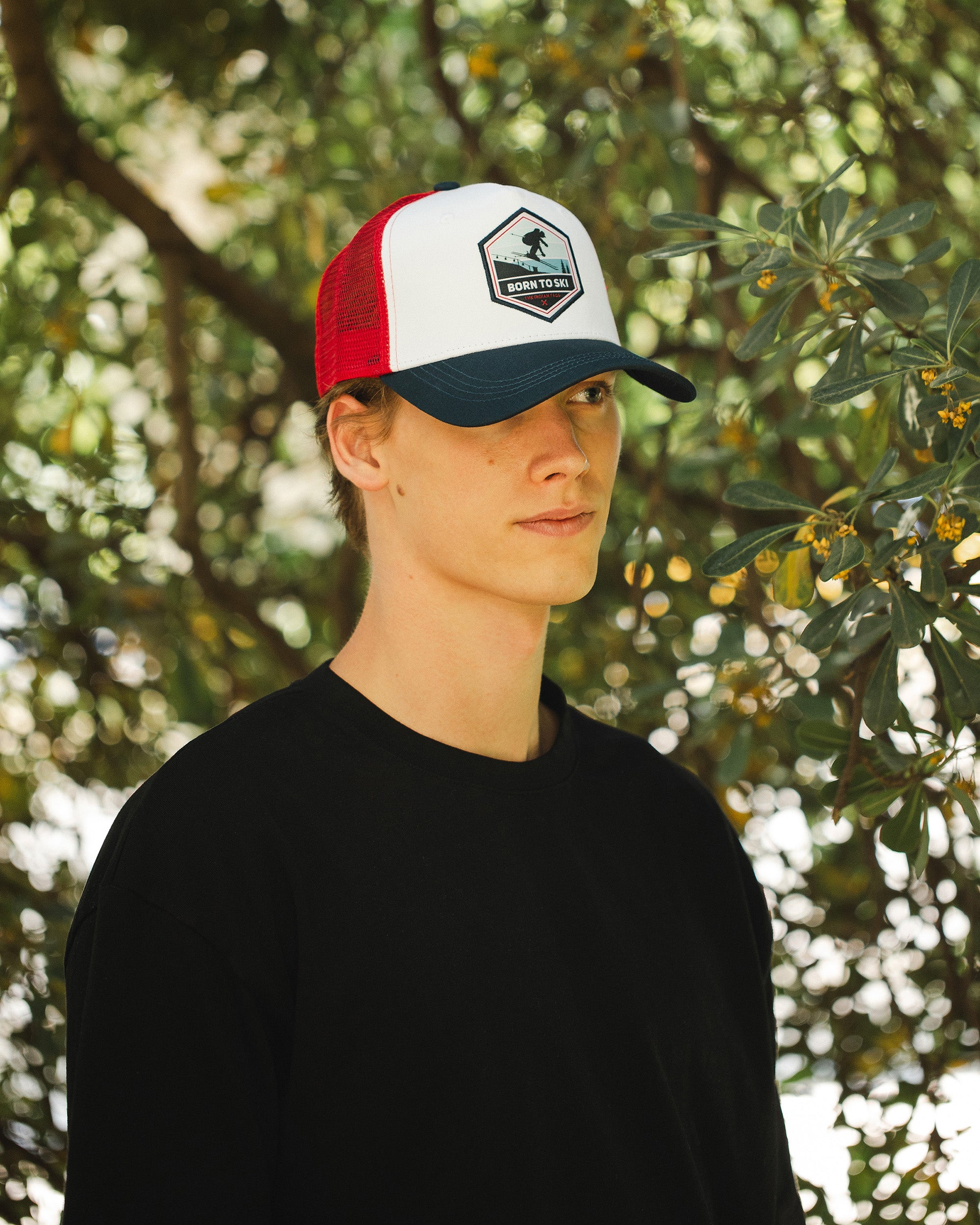– How did the idea come about?
The idea came from the founder/inventor of the company, Josema Odriozola, a lifelong surfer and industrial engineer, who wanted to find an alternative because the beaches, especially where we live in San Sebastian, are becoming more and more crowded with surfers. He tried different technologies until he saw the possibility of dedicating himself to it fully.
– Do you already have any Wavegardens up and running?
We don't have any in operation as such, except our own which is not open to the public and which we use to teach clients, media, professional surfers and for R&D. Our Wavegarden is on our premises, at our company headquarters, near Zarautz (Guipúzcoa).
The first Wavegarden in Great Britain will probably open to the public in early 2015. We are currently working hard with our British clients to build it.
– Do you have many orders?
Eighteen from around the world have paid a deposit with a view to confirming their orders in the coming years.
– What is your client profile?
Investors, people with experience in attractions but looking for a different product. Curiously, in all projects there is always someone who surfs.
– Your headquarters are in the Basque Country, do you have any plans to expand?
Of course, we are a manufacturer of Wavegarden installations. We do not operate installations, but rather we design and build them (with our own patented technology) for our clients to operate.
– How big can a wave be at most?
Currently 1.20 meters but those that will be open to the public will reach 1.9m.
– Does it work with all types of water? Does salt water damage the machine?
Yes, fresh water or salt water. No problem with salt water.
– How much depth do you need?
It depends, but the deepest place is around 1.5 meters.
– Is it as easy to turn on or off as with a switch?
Correct.
– Is this the same idea as the “English Garden” wave in Munich?
The Munich wave is a wave that depends on the river flow and is therefore not controlled by man. It only works when the river flows with a high flow. It is a 100% natural wave. In fact, there are many more like it all over the world (even in Spain), but they are not found in the centre of such a large city, which is why the Munich wave is so well known (the only comparable example would be those that break in the Saint Laurent river, in Montreal, also very close to the city centre). On the other hand, it is a static wave, since it does not advance. It would be something more similar to a flowrider. Our wave advances towards the “shore”, like the waves of the sea, allowing the same manoeuvres as a beach wave (something that static waves do not allow).
– Which surfers has Wavegarden worked with?
I would say except with Kelly Slater and Joel Parkinson, all of them: Mick Fanning, Gabriel Medina, Taj Burrow, JohnJohn Florence, Dane Reynolds, Travis Logie, Jordy Smith, Miguel Pupo, Filipe Toledo, Jadson André, Freddy Patachia, Bede Durbridge, Adam Melling, Matt Wilkinson, Owen Wright, Aritz Aranburu, Jeremy Flores, Sebastian Zietz, Tiago Pires, Craig Anderson, Pauline Ado, Stephanie Gilmore, Sally Fitzgibbons, Carissa Moore, etc., etc., etc.
The Wavegarden wave is not a technically difficult wave. That is to say, it is for everyone, like most waves in the world, including where 95% of the professional surfing championships are held. The pros like it because they can catch many waves in a very short space of time and, as each wave is identical to the previous one, they can practice maneuvers or try different boards. Several pros have told us that after surfing Wavegarden for a few days, the first day they returned to the beach they realized that they were surfing much faster than usual.








